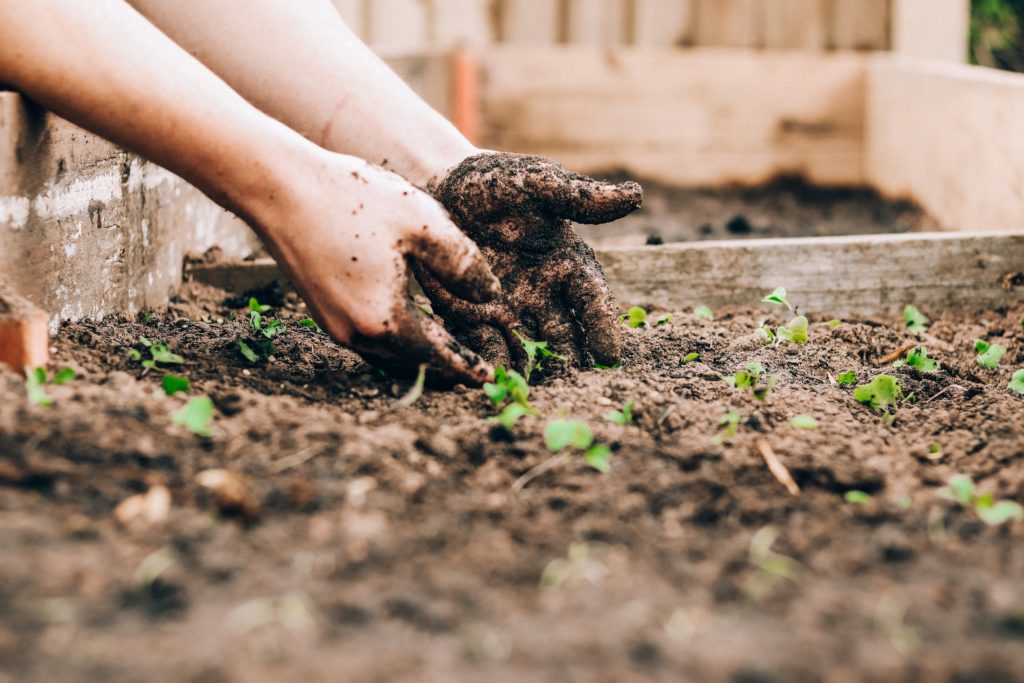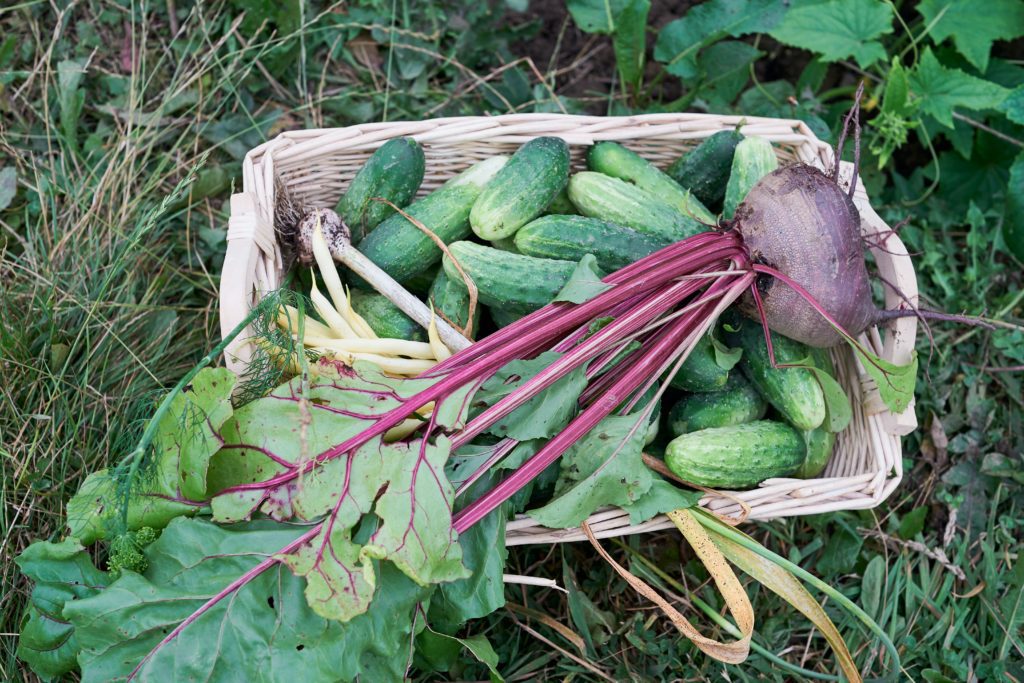Disclosure – this is a collaborative post
Growing your own food is a great way to become more connected with the Earth and access healthy and affordable ingredients. Investing in organic produce at the store can be expensive and may not always be fresh or pesticide-free. That’s why gardening at home can be such a great way to get organic food that you know is fresh and pesticide-free. Victoria Gerrard La Crosse WI shares her top tips for getting started with an organic garden of your own.
Identify The Best Spot For Your Garden
When starting a garden, location is vital. To ensure your plants thrive, choosing a sunny spot with well-draining soil and easy access to water is essential. While it may be tempting to pick the first open spot you see, taking the time to scout out the best location will pay off in the long run. A sunny location will give your plants the light they need to grow while well-draining soil will prevent waterlogged roots. And, of course, access to water is essential for keeping your plants healthy and hydrated. So, grab a shovel and start exploring – your perfect garden spot awaits you.
Plant Choice Matters
When it comes to selecting the right plants for your garden or landscape, there are several factors you need to consider to ensure their success. Hardiness, climate, pests, and disease are all crucial concerns that can significantly affect the health of your plants. It’s vital to research the specific conditions of your home region and choose plants that are well-suited for it.
Consider talking to local horticulturists or consulting reputable online resources to learn more about the ideal plants for your area. By carefully selecting your plants, you can ensure they thrive in their new environment and add beauty to your outdoor space for years.
Create Nutrient-Rich Soil
Creating nutrient-rich soil ensures your plants receive the necessary nourishment for healthy growth. Composting your kitchen waste can transform food scraps and yard waste into a valuable resource that enriches your soil with essential nutrients. Another option is to add organic fertiliser and mulch that help to retain moisture and promote beneficial microbes in the ground. Not only does this practice support healthy root growth, but it also reduces the amount of waste sent to landfills, making it an environmentally responsible choice. So, dig in and start composting or add some organic fertiliser and mulch to your soil to reap the benefits of thriving plants and a healthy planet.
Use Natural Pest Repellents
Pests can wreak havoc on your garden, but the use of chemical pesticides and other toxic substances is not the answer. Instead, opt for natural solutions such as companion planting and homemade sprays to keep pests away from your plants. For example, marigolds are known for repelling particular bugs that may damage vegetables. Natural pest deterrents like garlic and chili pepper sprays can also be effective in keeping pests away. So, use these alternatives to keep your garden free of harmful toxins while protecting your plants.
Prune For Strong Plant Growth
Pruning and thinning out your garden can greatly benefit your plants and promote vigorous growth. Careful pruning involves removing damaged or diseased branches and those that cross over or rub against others. Thinning out your plants will provide more space and nutrients for the remaining healthy foliage to flourish. It is essential to carefully consider which parts of the plant to remove not to impede its overall health and growth. Dedicating time to this task can prevent overcrowding, ensure your plants develop stronger stems, and produce a bountiful harvest.
Harvest For Maximum Flavour And Nutritional Value
When it comes to harvesting your crop, timing is vital. Not only does harvesting at the right time optimise flavour, but it also ensures maximum nutritional value. To determine the best time to harvest, consider factors such as the plant variety, climate conditions, and growth stage. For example, a general rule for fruits and vegetables is to wait until they are fully ripe and have reached their peak colour. However, for leafy greens, it’s best to harvest them when they are still young and tender. Gathering your crop at the right time will allow you to enjoy the delicious flavours and reap the health benefits of a nutrient-rich harvest.
Final Thoughts
Victoria Gerrard La Crosse WI believes that creating a beautiful and thriving garden doesn’t have to be complicated. With a little preparation and effort, you can design an outdoor space filled with vibrant flowers, herbs, and vegetables that bring life to your home.
Begin by choosing the right plants for your region and creating nutrient-rich soil, then use natural pest repellents and prune for strong growth. Finally, harvest at the right time to maximise flavour and nutritional value. By following these steps, you can create an outdoor oasis that will provide endless enjoyment for years.











When I moved into my own place, I’d thought I would immediately start growing a veggie garden. After all my mom had done one every year when I was young. I may have to get more serious about that now! Thanks so much for sharing!
I am looking forward to creating my vegetable garden. Thanks so much for the tips, I look forward to experimenting with different vegetables.
I don’t think this would be a good idea for me, because they might probably die, since I don’t have green fingers at all
Growing my own food is a dream for me, a dream that I will bring to life this summer! I can’t can’t wait.
Thank you so much for sharing these amazing tips on growing organic food! Your post was so helpful and informative, and I can’t wait to put these ideas into practice in my own garden. I love how you made everything seem so simple and approachable.
Thank you for sharing your 6 tips for growing organic food. Your article is informative and well-written, making it easy for beginners to get started. I appreciate how you emphasized the importance of soil quality and composting, and your tips on pest control were very helpful. Keep up the great work!
Useful tips! Thanks. I am looking forward to grow my own organic food!